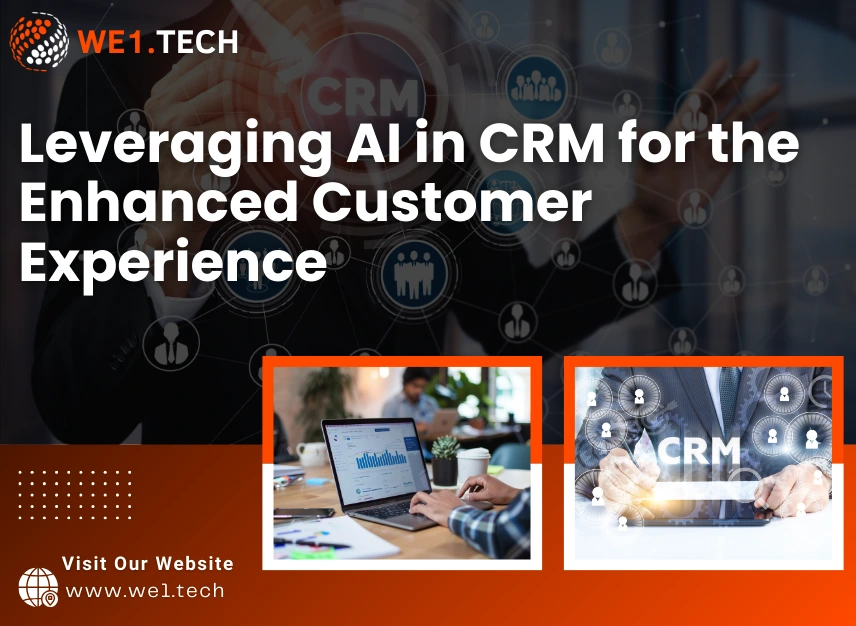
In today's hyper-connected world, keeping customers happy is more important than ever. That's where comes the role of customer relationship management (CRM). Traditional CRM systems often fall short in their functionalities and can be a hassle. This is where artificial intelligence (AI) technology makes a real-world difference.
AI-powered CRM software not only tracks customer interactions but also predicts what consumers need before they ask. Businesses using this game-changing tool can see a 20% jump in customer satisfaction and a 25% increase in sales. AI helps businesses respond faster, personalize marketing messages, and forecast sales trends accurately. For example, AI can analyze data to find the best times to send emails, making marketing campaigns even more effective.
CRM is certainly necessary for businesses to stay competitive and provide outstanding customer service. AI integration has further revolutionized traditional CRM systems, transforming how companies engage with their customers.
In this blog post, we will explore how AI in CRM enhances customer experiences and benefits businesses of all types. So, let's get started!